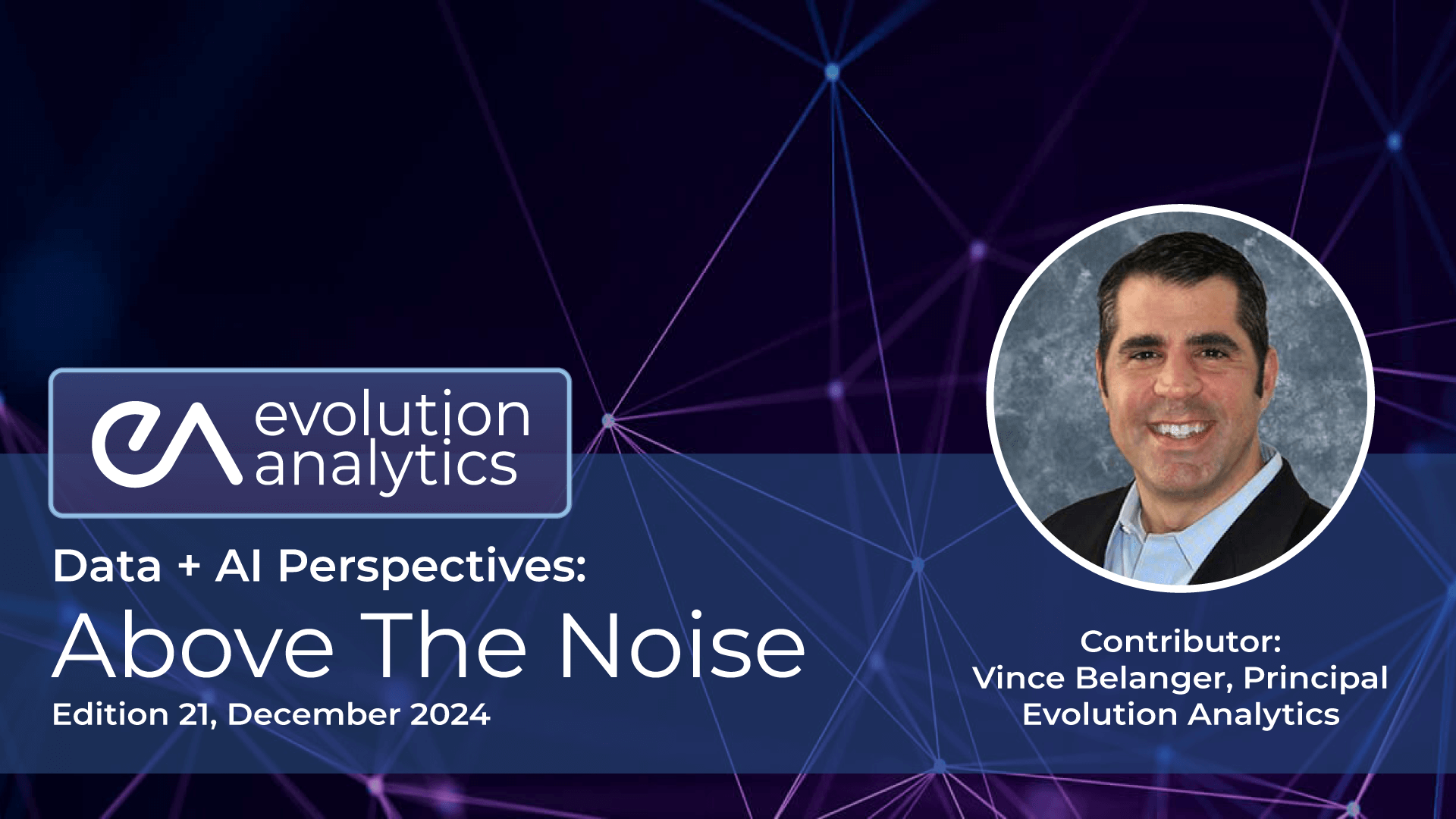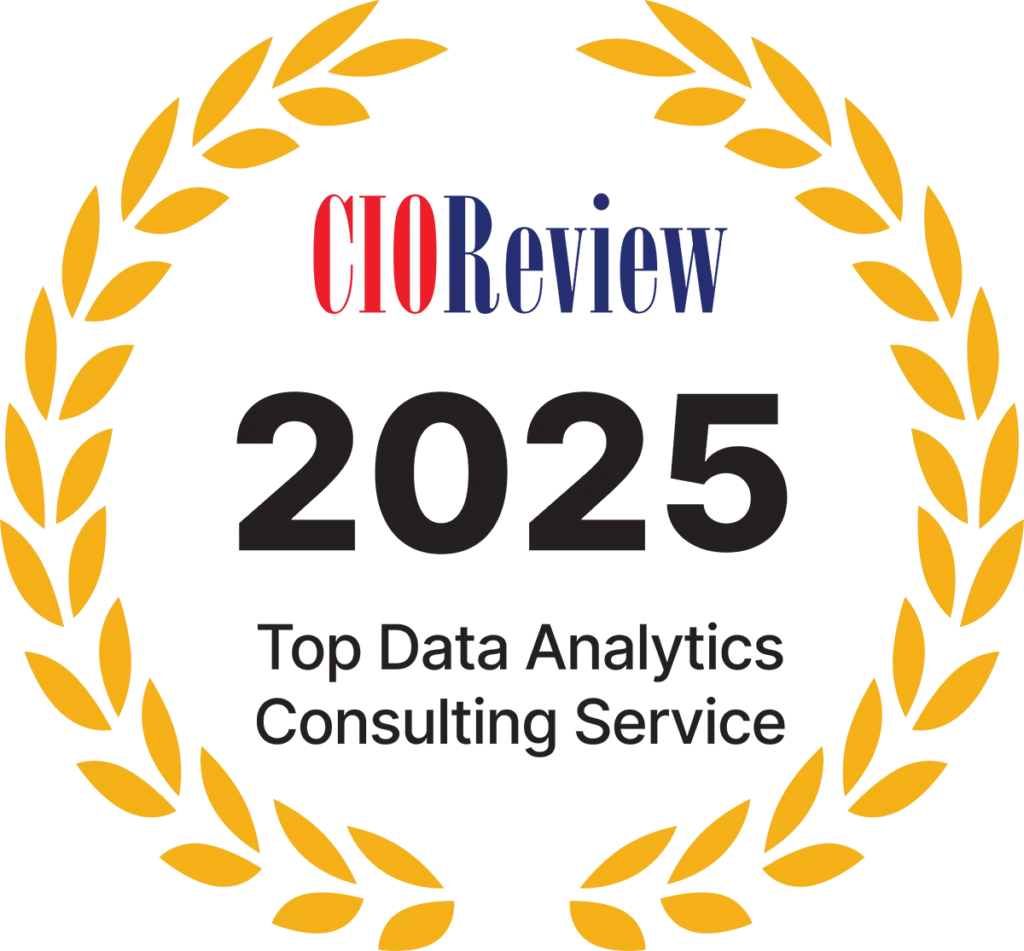The Rise of Explainable and Ethical AI: Why It Matters to You in 2025

Vince Belanger
Principal
Evolution Analytics, LLC.
Posted: December 16, 2024
As AI continues to transform the way we work, live, and innovate, one hot topic has risen to the forefront in 2025: Explainable AI (XAI) and Ethical AI. These aren’t just buzzwords; they’re the foundations for ensuring that AI works for you—and not against you. Whether you’re a business leader, a data scientist, or an everyday consumer, the concepts of transparency and ethics in AI directly impact the trust and reliability you place in these systems.
Why Explainable AI (XAI) Matters to You
You’ve likely heard the term “black box AI.” It refers to AI systems that make decisions without offering clear insights into how those decisions are made. For example, a loan application might be approved or denied by an algorithm, but can anyone explain why? When you’re working in industries like healthcare, finance, or manufacturing, the stakes are too high to accept “just because” as an answer.
XAI provides clarity. It enables you to:
- Understand AI Decisions: When you can see the logic behind an AI recommendation, you’re empowered to trust its conclusions or identify potential flaws.
- Ensure Regulatory Compliance: Industries like finance and healthcare require clear documentation of decision-making processes. XAI keeps you ahead of regulations by making your AI models auditable and transparent.
- Build Stakeholder Confidence: Whether it’s your customers, board members, or regulators, being able to explain AI decisions fosters trust and accountability.
In 2025, organizations that fail to implement XAI risk falling behind as trust becomes a competitive advantage.
Ethical AI: Putting You in Control
Ethical AI ensures that your systems align with human values, prioritize fairness, and minimize harm. But how does this impact your daily operations? Consider these examples:
- Bias in Decision-Making: Let’s say your company uses AI to screen job applications. Without ethical safeguards, the algorithm might unintentionally favor certain demographics, leading to discriminatory hiring practices. By embedding fairness and ethics into your AI, you can avoid reputational and legal risks.
- Data Privacy: In an era where personal data is currency, ensuring your AI respects privacy builds trust with customers and partners. Privacy-enhancing AI tools—like federated learning—allow you to train models without exposing sensitive data.
- Autonomy and Accountability: When AI systems take actions that affect real-world outcomes, who’s responsible? Ethical AI frameworks ensure that you’re in control of your systems and that accountability lies where it should—with the humans who design and oversee them.
The Growing Demand for XAI and Ethical AI in 2025
This year, we’re seeing new regulations across industries aimed at holding AI systems accountable. For example, financial institutions must now demonstrate how their algorithms evaluate creditworthiness to ensure fairness. Similarly, healthcare providers must explain AI-driven treatment recommendations to comply with patient safety standards.
At Evolution Analytics, we’ve seen firsthand how adopting XAI and ethical principles transforms organizations like yours. From demystifying complex analytics systems to implementing frameworks that ensure AI operates responsibly, we’re here to guide you through this new frontier.
How to Get Started
Implementing XAI and Ethical AI isn’t just about ticking regulatory boxes; it’s about ensuring your AI systems drive value while aligning with your organization’s principles. Here are some steps you can take today:
- Audit Your Existing AI Systems: Are they transparent? Do they align with your ethical values? Start by identifying gaps.
- Invest in Explainability Tools: Leverage tools and frameworks that make AI decisions understandable and actionable for your team.
- Develop an AI Ethics Charter: Define clear guidelines on how AI will be used within your organization to minimize bias and protect privacy.
- Train Your Team: Equip your teams with the knowledge to manage and oversee AI systems responsibly.
Looking Ahead
In 2025, the pressure to make AI transparent and ethical isn’t going away—it’s intensifying. The organizations that prioritize these principles will not only comply with regulations but also gain a significant edge in earning customer trust, attracting top talent, and driving long-term value.
At Evolution Analytics, we’re ready to help you navigate this shift. Let’s work together to build AI systems you can trust—and explain.
Ready to lead the way in ethical and transparent AI? Contact Us to Learn More.








